China's export growth is facing increasing risks as pressure to raise tit-for-tat import tariffs spreads from advanced countries to less developed ones, analysts say.
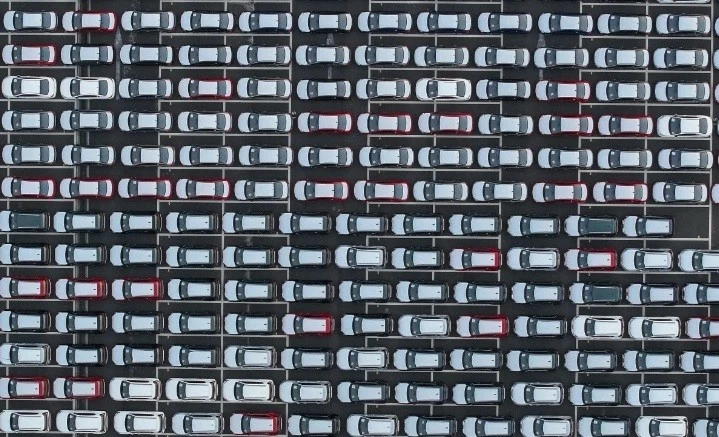 |
| China's export growth is facing increasing risks. (Source: AFP) |
Beijing, long seen as the world's factory, has been hit with tariffs targeting solar panels, electric vehicles (EVs), steel, aluminum and even low-value retail goods.
Christopher Beddor, deputy head of China research at Gavekal Dragonomics in Hong Kong, said Beijing’s tariff hikes on exports could put pressure on growth because trade is so important to the world’s second-largest economy.
The list of countries and regions raising tariffs on Chinese goods now includes the US, the European Union (EU) and Canada, in addition to some emerging markets such as Brazil, Mexico, Türkiye and India. Japan has also opened an anti-dumping investigation into a type of rubber product.
The administration of US President Joe Biden intends to impose a series of new tariffs and increased duties on imports from China on September 27, affirming its commitment to protecting strategic industries.
The tariffs, which include 100% tariffs on electric vehicles, 50% on solar panels and 25% on steel, aluminum, electric vehicle batteries and critical minerals, follow Washington’s tariffs on $550 billion worth of Chinese goods in 2019 – part of a trade war that has dragged on since 2018.
Meanwhile, the European Commission (EC) also said it was ready to impose a 35.3% tariff on electric cars made in China, on top of the standard 10% import tariff on cars. The Commission suspects that Beijing's subsidies are keeping electric car prices low.
“The risk of an escalation of the trade conflict is very real,” said Stephen Olson, a visiting fellow at the Institute of Southeast Asian Studies.
China's exports will only become more competitive as Beijing continues to cultivate "new productive forces" - a term coined by President Xi Jinping a year ago to emphasize the need for economic development based on innovation in advanced manufacturing sectors, he said.
“China’s commitment to fostering new manufacturing capacity is solid and that will almost certainly lead to an increase in cost-competitive exports,” Olson said.
India said last week it would impose tariffs ranging from 12% to 30% on some steel products imported from China in a bid to boost local industry.
In June, Türkiye announced an additional 40% tariff on imported cars from China, effective from July.
In April, Mexico also imposed temporary tariffs of 5 to 50 percent on 544 items, such as steel and aluminum, from countries with which it does not have trade agreements — including China. The Mexican government cited the pursuit of “fair market conditions” for its industries as the reason.
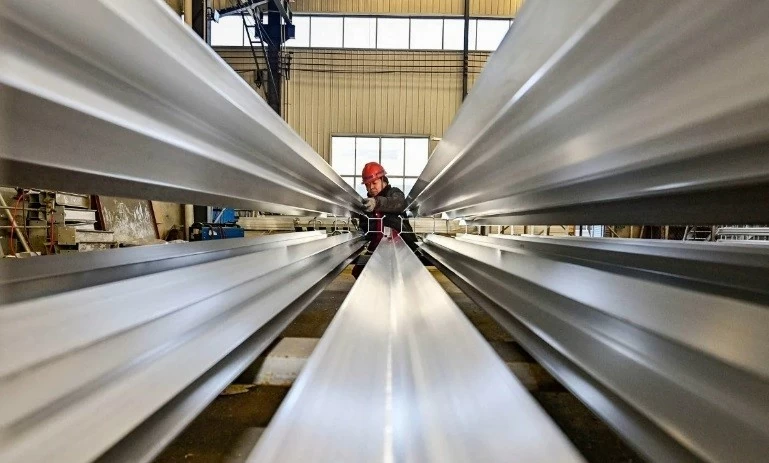 |
| Advanced manufacturing is part of the “new productive forces” that Chinese leaders are pushing to drive economic growth. (Source: AFP) |
Following Mexico, Brazil plans to raise tariffs on electric vehicles from the current 18% to 35% by July 2026 to encourage the development of its domestic auto industry. According to the China Association of Automobile Manufacturers, car exports to Brazil from January to May increased sixfold from a year earlier to 159,612 units.
Analysts say that when advanced economies such as the US and EU impose tariffs on Chinese goods, many developing countries are worried about having to "bear" the flow of excess goods from Beijing, so they quickly take action to prevent it.
“There is a possibility of a domino effect, with other countries also raising tariffs on Chinese goods,” said Jayant Menon, a senior fellow at the ISEAS-Yusof Ishak Institute in Singapore.
China has filed a complaint with the World Trade Organization (WTO) over EU tariffs on electric vehicles, saying the EU tariffs violate WTO rules and undermine global cooperation on tackling climate change. It has also called on the US to reverse its decision to expand tariffs on Chinese goods, in an effort to ease concerns about excess overseas manufacturing capacity.
China's Ministry of Commerce said it would take necessary measures to protect the rights and interests of Chinese companies from "discriminatory" measures.
However, not all countries are "afraid" of China. Recently, on September 11, during a visit to China, Spanish Prime Minister Pedro Sanchez said that EU and EC member states should reconsider to avoid a possible trade war.
Expert Stephen Olson predicts there will be “a continued heated debate with the EU over electric vehicle tariffs. And some trade deal negotiated with China to avoid or reduce tariffs is entirely possible.”
Source: https://baoquocte.vn/nhieu-quoc-gia-noi-got-my-eu-ap-thue-len-hang-hoa-trung-quoc-hieu-ung-domino-manh-nha-xuat-hien-bac-kinh-co-kip-tro-tay-286743.html






![[Photo] Prime Minister Pham Minh Chinh chairs conference on anti-smuggling, trade fraud, and counterfeit goods](https://vphoto.vietnam.vn/thumb/1200x675/vietnam/resource/IMAGE/2025/5/14/6cd67667e99e4248b7d4f587fd21e37c)










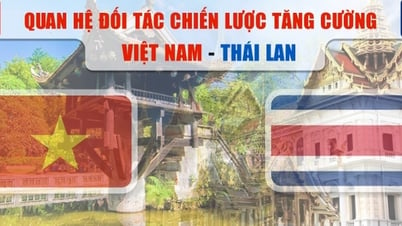

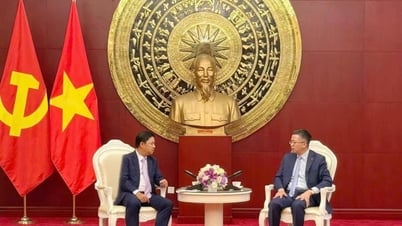
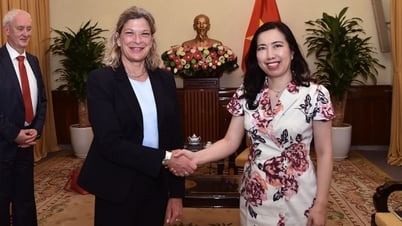
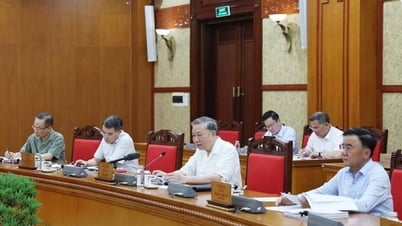
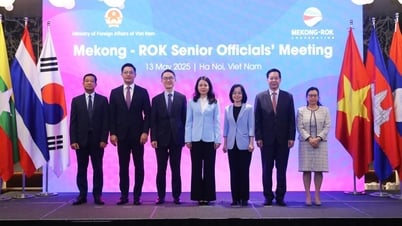






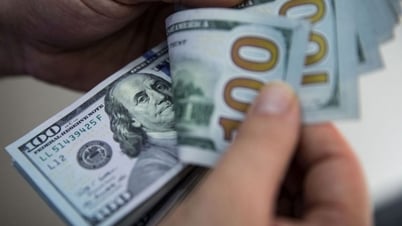


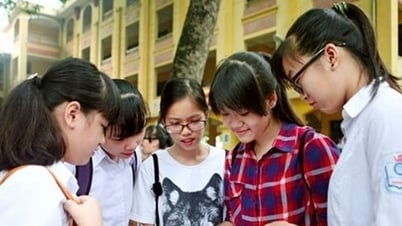


















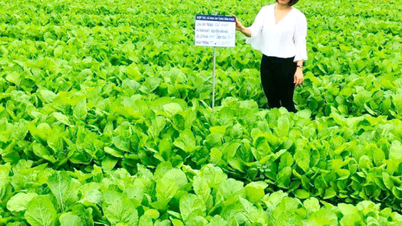

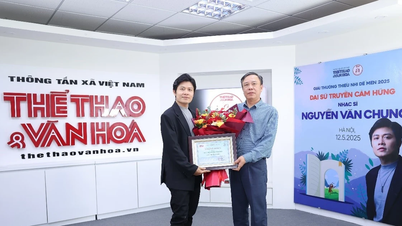











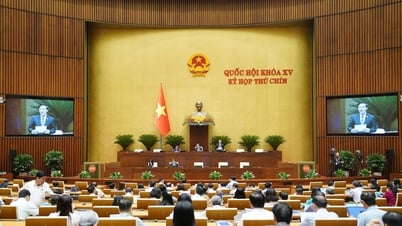



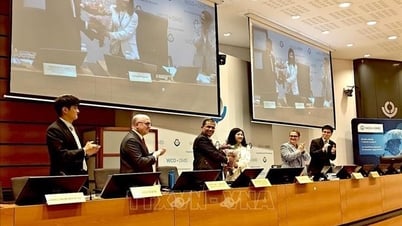

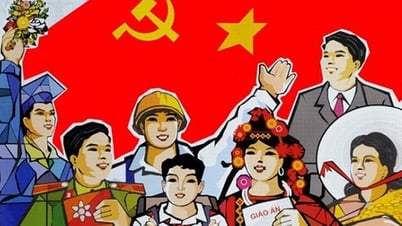

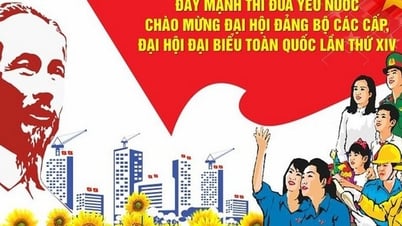


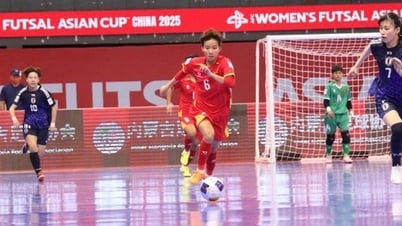
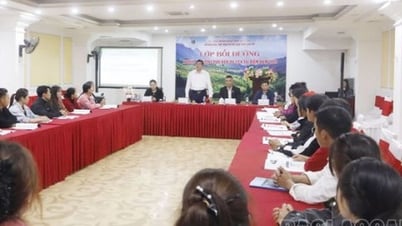
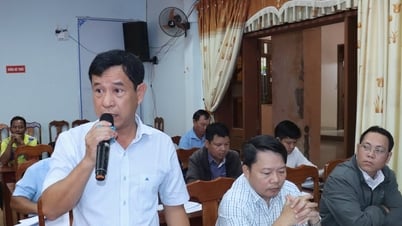

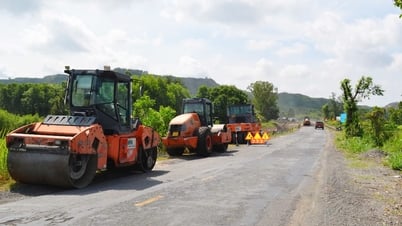


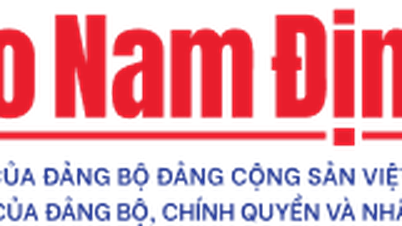

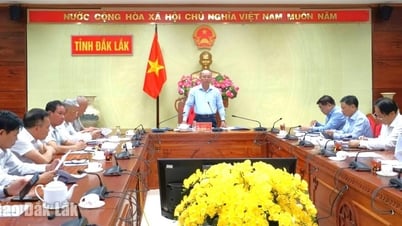










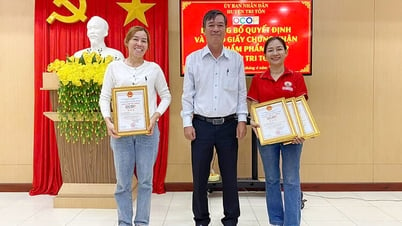



Comment (0)